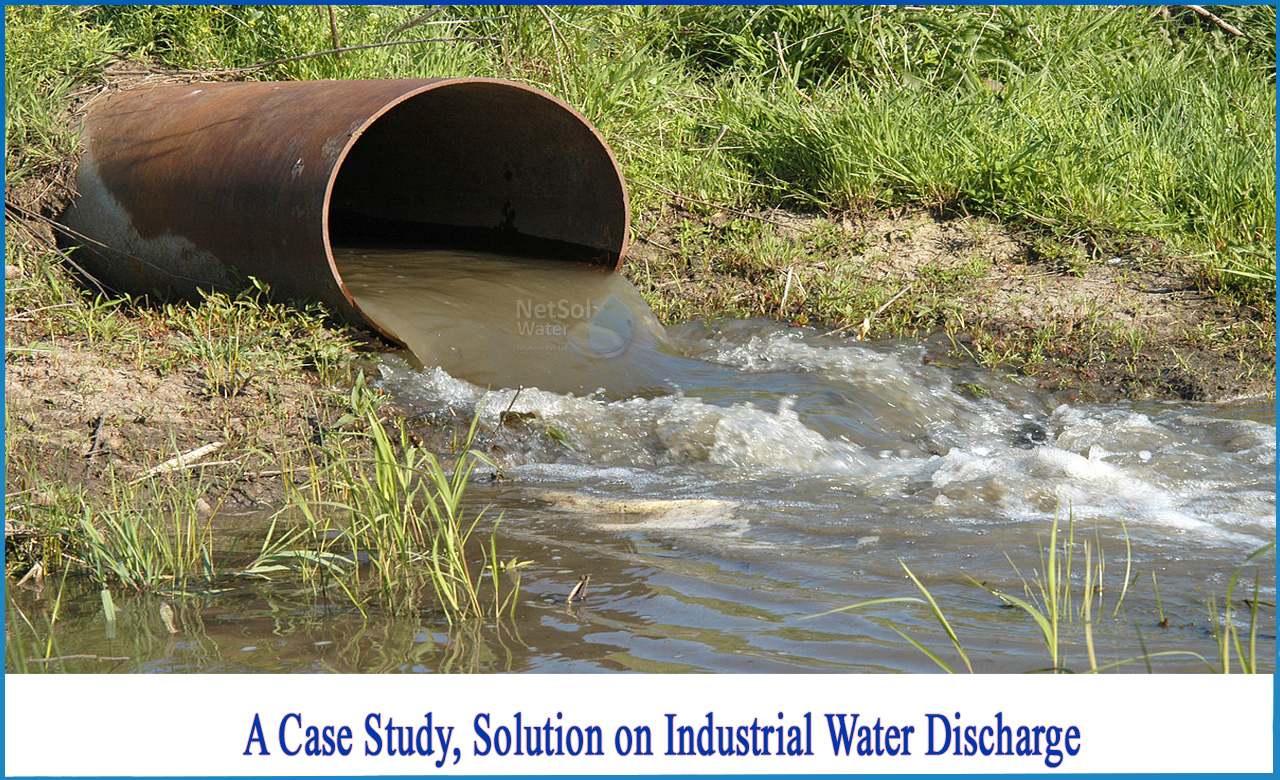What is the solution on industrial water discharge?
Water hardness affects plumbing materials differently depending on mineral concentration, temperature, and pH. The most well-known issues associated with hard-water mineral deposits are decreased efficiency and functional longevity of plumbing equipment exposed to heated hard water.
MEASUREMENT OF WATER HARDNESS
Water hardness is the total calcium and magnesium ion concentration in a water sample, expressed as calcium carbonate concentration. Temporary hardness is the portion of total hardness that vanishes when heated. While not a standard method, the use of ion-selective electrodes allows for the rapid measurement of water hardness and can be used to determine hardness changes. For the ion-selective electrode, the direct potentiometric method is not recommended, but an indirect potentiometric method involving ethylene-diamine-tetra -acetic acid titration. A liquid ion-exchange electrode that responds to the divalent ions magnesium and calcium is used as an ion-selective electrode.
A CASE STUDY: “WATER SUPPLY GET AFFECTED IN DELHI NCR DUE TO INCREASE IN POLLUTANTS IN YAMUNA”
Water supply in the Capital was disrupted due to an increase in ammonia levels in the Yamuna near Wazirabad, but it was restored by that evening, according to the Delhi Government. Raghav Chadha, vice-chairman of the Delhi Jal Board (DJB), said heavy sewage and industrial discharge from Haryana had hampered water production and urged people to use water wisely. Haryana discharged heavy sewage and industrial waste into the Yamuna during Diwali, raising ammonia levels and forcing water treatment plants to reduce operating capacity by half.
However, by that evening, the situation was stabilised and the plants were operating at or near full capacity. Ammonia levels in the Yamuna rose to 3 ppm (parts per million), affecting water production at the Sonia Vihar, Bhagirathi, Chadrawal, Okhla, and Wazirabad treatment plants.
According to the Delhi Government, the DJB water quality management team has expanded the dosage of coagulants and disinfectants in raw Yamuna water to control the increase in water pollution and to maintain water quality in accordance with production standards.
Due to pollutants discharged into the Yamuna, water production at the Wazirabad plant was diminished to 129.37 million gallons per day (MGD) from 134 MGD capacity. The Delhi government has stated that it is collaborating closely with Haryana to address the ammonia problem in the Yamuna.
CONCLUSION
We get to know that our water resources are depleting day by day due to various industrial activities. It is only because of lack of proper discharge or disposal. If proper measures and treatment options are followed, it would be possible to protect our water resources with the standards provided by our pollution control boards.
Netsol is a company that was founded to provide integrated design, fabrication, installation, and maintenance services. Netsol's years of experience and expertise are inextricably linked with its equipment solutions, testing and monitoring, analysis, and recommended corrective actions. Netsol is committed to providing practical solutions that promote business growth while also protecting the world's most valuable resource i.e. WATER.
Netsol Water is Greater Noida-based leading water & wastewater treatment plant manufacturer. We are industry's most demanding company based on client review and work quality. We are known as best commercial RO plant manufacturers, industrial RO plant manufacturer, sewage treatment plant manufacturer, Water Softener Plant Manufacturers and effluent treatment plant manufacturers. Apart from this 24x7 customer support is our USP. Call on +91-9650608473, or write us at enquiry@netsolwater.com for any support, inquiry or product-purchase related query.



